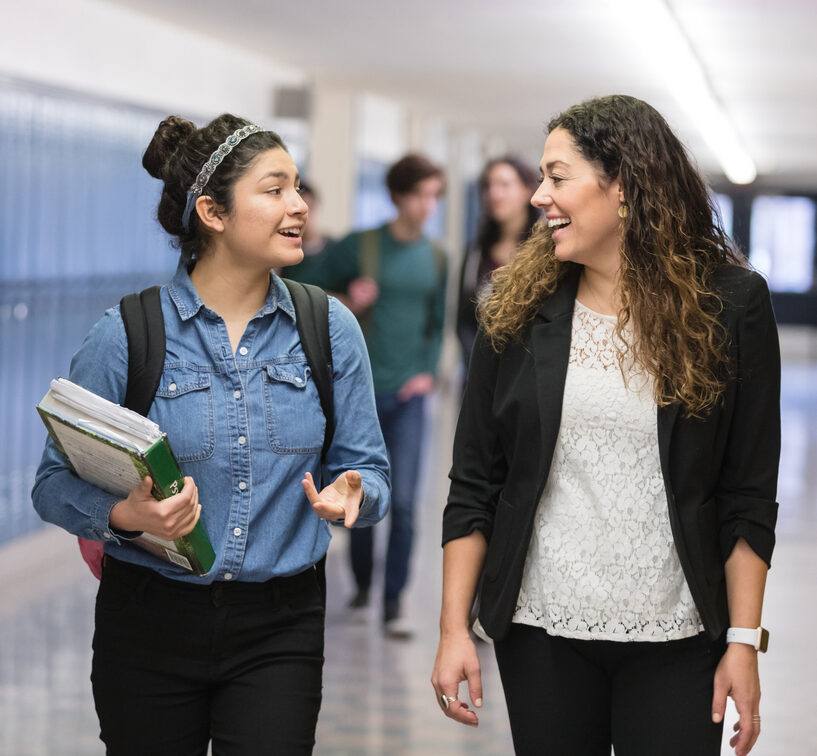- Services
Overview
KVC strengthens families using wraparound services so children can remain with their own families and in their own communities when safely possible. We also provide foster care, reunification support, adoption, outpatient mental health therapy, in-home family services and educational support.
- Get Involved
Children and Families Need You
Through KVC, you can strengthen families, prevent child abuse and neglect, and help create a bright future where every person is safe and connected to a strong family and a healthy community. Please join us today! Learn More
- Events
- Impact
- Resources
Overview
Our free resources help you stay informed and educated about foster care, adoption, mental health and childhood trauma as well as how KVC West Virginia is working toward building healthier communities.
- About Us
About KVC West Virginia
KVC West Virginia is a private, nonprofit organization that serves over 3,000 children, teens and adults each year. Our team of caring professionals provides home- and community-based services that strengthen families and prevent foster care, outpatient mental health therapy, foster care, foster parent recruitment and support, adoption, and youth academic and mentorship programs.
We envision a world in which every person is safe and connected to a strong family and a healthy community.
Learn More
- Blog

- This event has passed.
First Star Academy Info Session: Helping Youth in Foster Care Achieve School Success

Join us for an upcoming virtual info session to learn about KVC West Virginia’s First Star Academy, a transformative program empowering youth in foster care to graduate high school, pursue higher education and achieve their dreams. KVC’s First Star Academy provides free academic support and tutoring, life skills development, a two-week immersive summer camp, and year-round mentoring to help students build a bright future.
Whether you’re a foster parent, child welfare worker, educator, youth advocate or student, this session will offer insights into how KVC’s First Star Academy will support young people on their path to success. Don’t miss your chance to learn more about this life-changing program!
Register now!
[gravityform id=”47″ title=”false”]
![]()
About KVC’s First Star Academy
KVC’s First Star Academy will support the mindful growth and development of youth in grades 8-12 and positively alter the trajectory of West Virginia’s most vulnerable youth – those in foster care.
This program is offered at no cost to students who qualify and is sponsored by the generous donations of our local funders, the Department of Education, and the West Virginia Department of Human Services (formerly DHHR).
Learn more about KVC’s First Star Academy by watching this video.